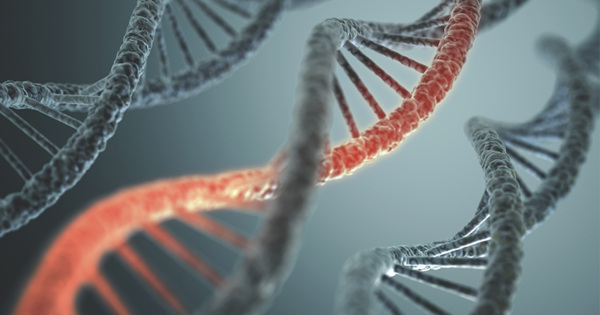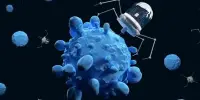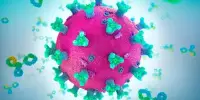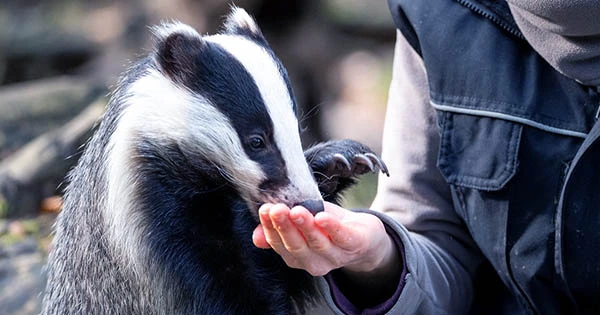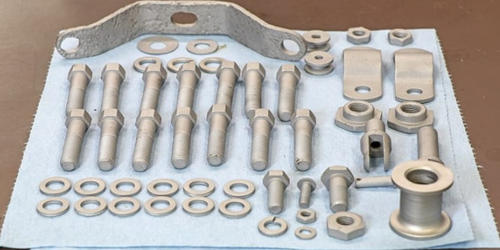Trinity College Dublin researchers have made a groundbreaking discovery that may help to explain why some people are able to resist viral infections. The findings, which were published in the prestigious journal Cell Reports Medicine, can be used to further investigate why some people become infected with Covid-19 while others remain immune.
Scientists have discovered a secret that may explain why some people can resist viral infections after screening the immune systems of women exposed to hepatitis C (HCV) through contaminated anti-D transfusions given over 40 years ago in Ireland. The extraordinary work has far-reaching implications, ranging from improving our fundamental understanding of viral resistance to the potential design of therapies to treat infected people.
Trinity College Dublin scientists have discovered a secret that may explain why some people are able to resist viral infections after screening the immune systems of women exposed to hepatitis C (HCV) through contaminated anti-D transfusions given over 40 years ago in Ireland.
The groundbreaking research, which was recently published in the prestigious journal Cell Reports Medicine, has far-reaching implications, ranging from improving our fundamental understanding of viral resistance to the potential design of therapies to treat infected people.
These findings are significant because resistance to infection is a frequently overlooked outcome following a viral outbreak, primarily because identifying resistant individuals is difficult – because they do not become ill after viral exposure, they may not be aware that they were exposed.
Jamie Sugrue
Several thousand women were exposed to the hepatitis C virus in Ireland between 1977 and 1979 as a result of contaminated anti-D, which is a medication made from plasma from donated blood and given to Rhesus-negative women who are pregnant with a Rhesus-positive fetus. The medication prevents the formation of antibodies that could be harmful in future pregnancies. During the 1977-1979 period, some anti-D was contaminated with hepatitis C.
This outbreak identified three groups of people: those who were chronically infected, those who cleared the infection with an antibody response, and those who appeared to be immune to infection without producing antibodies against hepatitis C.
Cliona O’Farrelly, Professor of Comparative Immunology in Trinity’s School of Biochemistry and Immunology, is the senior author of the research article. Cliona, who is based in the Trinity Biomedical Sciences Institute, said:
“We hypothesized that women who seemed to resist HCV infection must have an enhanced innate immune response, which is the ancient part of the immune system that acts as the first line of defence. To test this we needed to make contact with women exposed to the virus over forty years ago and ask them to help us by allowing us to study their immune systems to hunt for scientific clues that would explain their differing responses.”
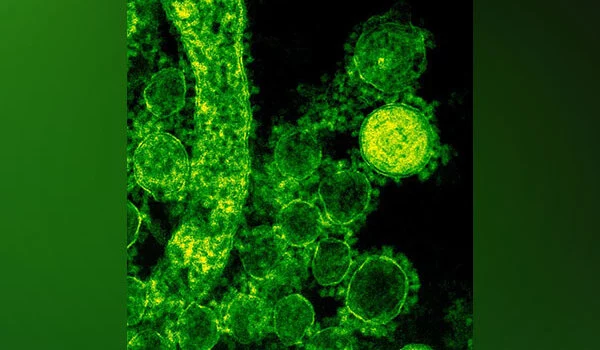
“After a nationwide campaign over 100 women came forward and we have gained some unique and important insights. That so many women – many of whom have lived with medical complications for a long time – were willing to help is a testament to how much people want to engage with science and help pursue research with the potential to make genuine, positive impacts on society. We are deeply grateful to them.”
The scientists eventually recruited nearly 40 women from the resistant group, as well as 90 women who had previously been infected. They then invited nearly 20 women from each group to donate blood samples that they stimulated with molecules that mimic viral infection and lead to activation of the innate immune system in collaboration with the Institut Pasteur in Paris.
Jamie Sugrue, Ph.D. Candidate in Trinity’s School of Biochemistry and Immunology, is first author of the research article. He said:
“By comparing the response of the resistant women to those who became infected, we found that resistant donors had an enhanced type I interferon response after stimulation. Type I interferons are a key family of antiviral immune mediators that play an important role in defence against viruses including hepatitis C and SARS-CoV-2, or COVID-19.
“We believe that the increased type I interferon production by our resistant donors, observed nearly 40 years after the initial hepatitis C exposure, is what protected them from infection.”
“These findings are significant because resistance to infection is a frequently overlooked outcome following a viral outbreak, primarily because identifying resistant individuals is difficult – because they do not become ill after viral exposure, they may not be aware that they were exposed.” That is why, despite their tragic nature, cohorts like this one are so valuable: they provide a unique opportunity to study the response to viral infections in an otherwise healthy population.”
